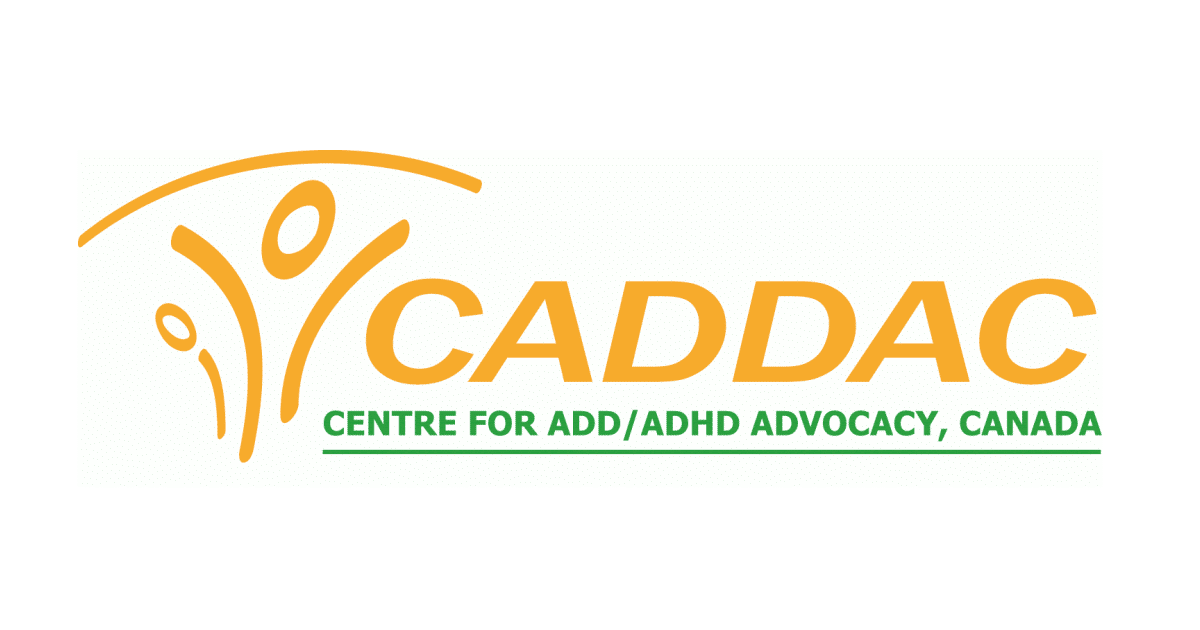Making decisions about the treatment of behavioural problems in children is very difficult for most parents, who experience uncertainty regarding the use of psychosocial and pharmacological therapies, and who may feel overwhelmed.
CADDAC invites caregivers to participate in a one-day meeting of clinicians, researchers, parents and representatives from the Centre for ADHD Awareness Canada and Tourette Canada to discuss the creation and use of decision aids for parents of youth with disruptive behaviour disorders. The goal of this one-day meeting is to discuss the use of decision aids for families to help reduce decisional conflict and encourage active decision-making.
Participants will receive an honorarium of $200 for transportation costs to the meeting and child care expenses. This study has been approved by the University of Calgary Conjoint Health Research Ethics Board.
The meeting will take place on Wednesday, September 23rd at the Tourette Canada headquarters at 175-5945 Airport Road, Mississauga, starting at 9:30am.
Please contact CADDAC by email or phone if you would like to participate, 905-471-3524 or heidi.bernhardt@caddac.ca
The meeting will be divided into two parts.
PART ONE
Interactive educational discussions of the rationale for the creation of decision aids for families with youth with disruptive and aggressive behaviour.
PART TWO
Small group interviews involving up to 7 parents. During the interview, the interviewer will ask the group for their thoughts and opinions on decision aids and decisional coaching, specifically related to the management of disruptive and aggressive behaviour. The purpose of the interview is to collect information from parents on their decisional needs, the potential role of decisional coaching, barriers and facilitators to using a decision aid, and desired decision aid formats. The interview will be audiotaped and transcribed. You will receive a written summary of the results of the interviews. Since we will be recording the discussions in part two and analyzing this information to guide future work, this part of the meeting is considered a research study. After the group interviews are complete, the group will assemble as a whole to summarize the main points of discussion in the small groups, and form an action plan for further development of a decision aid.
AGENDA
- 9:30 Introductions, Statement of Purpose, Review of Objectives
- 9:45 The Impact of Oppositional Behaviour, Conduct Problems and Aggression in Children with Disruptive Behaviour Disorders: Review of Longitudinal Studies on Health and Quality of Life Speaker: Dr. Tamara Pringsheim, Neurologist, University of Calgary
- 10:15 Canadian Guidelines on Pharmacotherapy for Oppositional Behaviour, Conduct Problems, and Aggression in Children and Adolescents with Disruptive Behaviour Disorders Speaker: Dr. Daniel Gorman, Psychiatrist, University of Toronto
- 11:00 What are decision aids and how can they help me? Speaker: Dr Margaret Lawson, Pediatrician, University of Ottawa
- 11:45 Lunch break
- 12:30 Small group interview
- 2:00 Large group discussion
- 2:45 Adjournment








